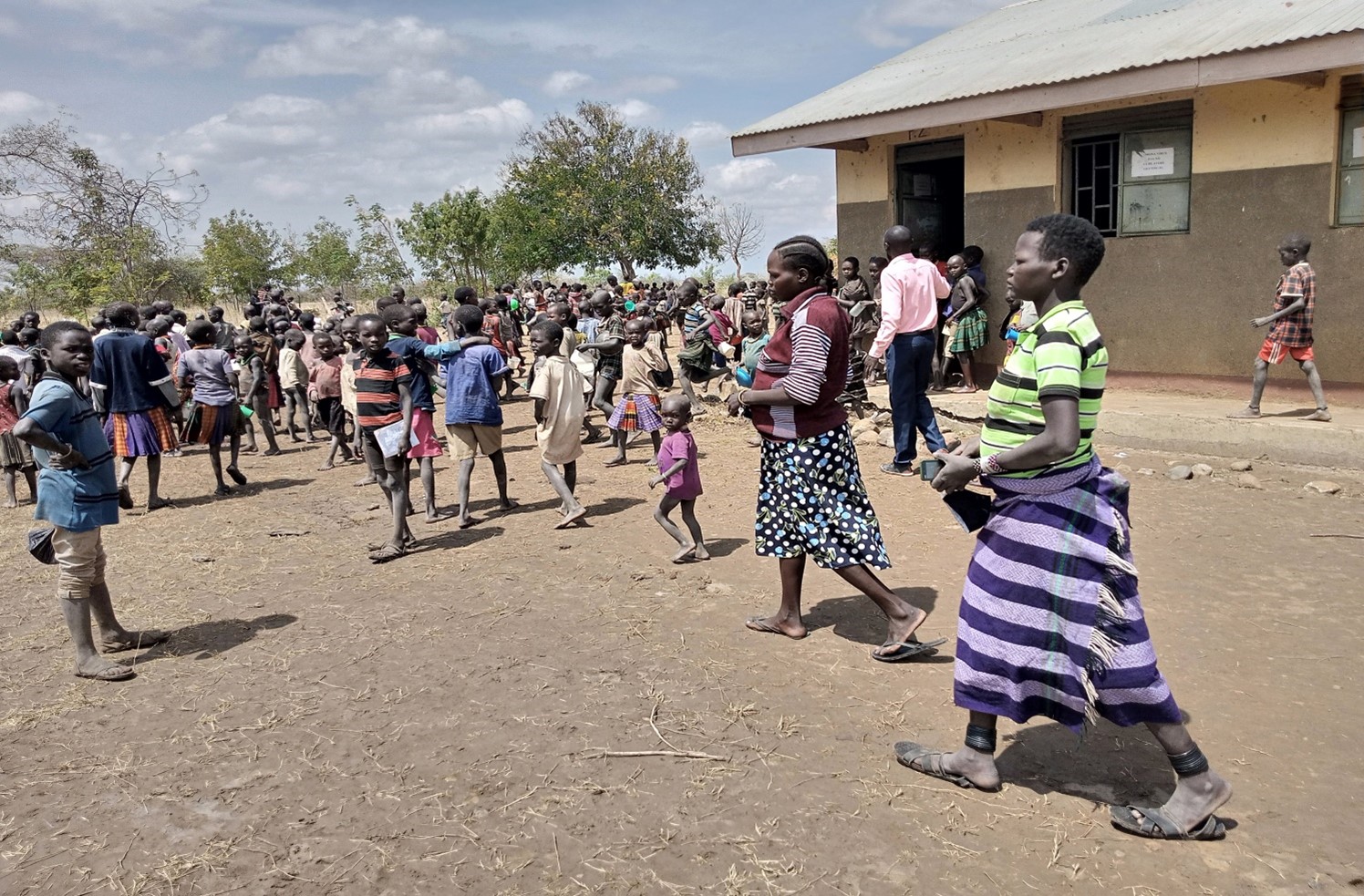Uganda is among the countries that have the highest teenage pregnancy rates in the world. According to UNFPA, 354,736 teenage pregnancies were registered in 2020 and 196,499 in the first 6 months of 2021. This was a period of school closures due to COVID-19. Even before COVID-19, 23% of girls dropped out of school because of early pregnancy, and the rates are higher for the marginalized communities (UNICEF 2019). If no action is taken to end teenage pregnancy, about 64% of teenage mothers will not complete primary education. (UNFPA, UNICEF 2022). Education is a human right for all children and youth, hence the need for concerted efforts for all girls to access education.
Karamoja has high levels of poverty and food insecurity, which forces some of the community members to marry off their young girls. If these girls are not supported to go back to school then they are likely to end up in child labour, get married and hence miss on education opportunities. Any child who is out of school is a potential child labourer.
Campaign to get girls back in school
The Ministry of Education & Sports in partnership with WNCB, launched guidelines on the prevention and management of teenage pregnancy and the re-entry of child mothers into school. The launch of the guidelines was officiated by the Uganda Minister for Karamoja Affairs, Hon. Mary Goretty Kitutu, who emphasized the need to support girls in Karamoja region. She committed to ensure that the guidelines are disseminated nationally. WNCB has disseminated the guidelines in Karamoja region to communities and conducted trainings for teachers and this has been impactful in getting child mothers and pregnant girls back to school. Something that had never happened before in this region where education for girls in general is not valued.
WNCB is continuing with the campaign through disseminating messages on local FM radio stations, using voices of popular and influential persons, community drives, print media, door to door approach to reach every child mother and teenage girls who are pregnant so that they return to school. We are also working with the relevant Ministries and organizations so that schools have some form of facility where the girls can leave their babies as they go to class. Mapping of all child mothers is on-going to ensure that no child mother is left behind!
The story of Agnes and Sabina
Agnes (17years) and Sabina (16 years), are child mothers who have re-joined primary school and are excited to be back in school to realize their dreams of becoming a teacher and nurse. “I am happy that pregnant girls and child mothers are now allowed in schools and I am determined to complete my education to be able to take care of my child”, said Agnes. Sabina also committed to stay in school until she achieves her dream.

